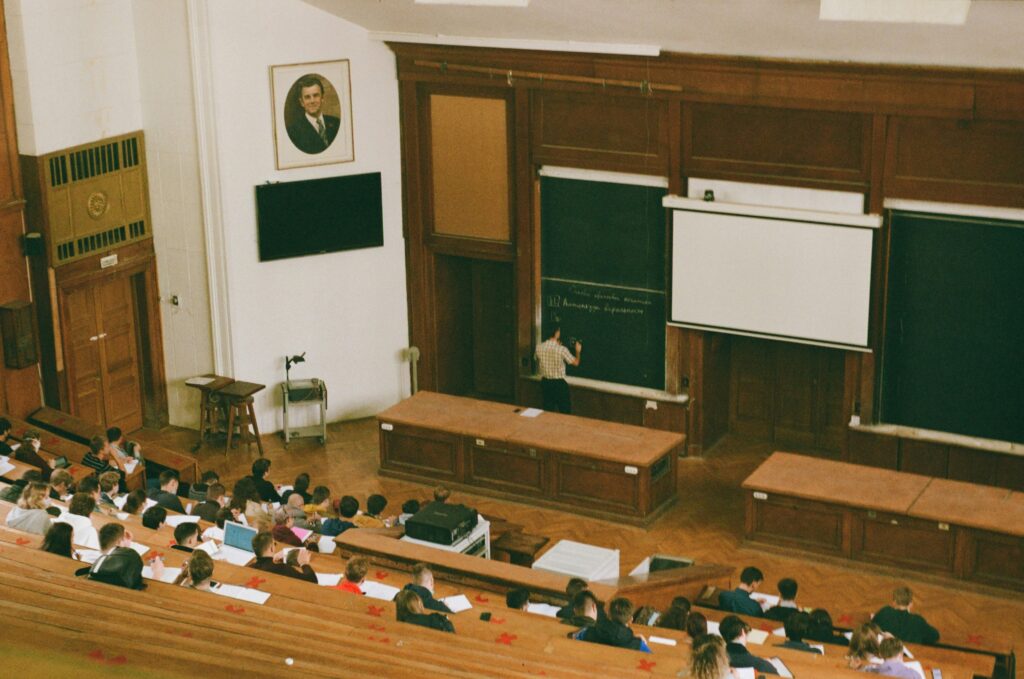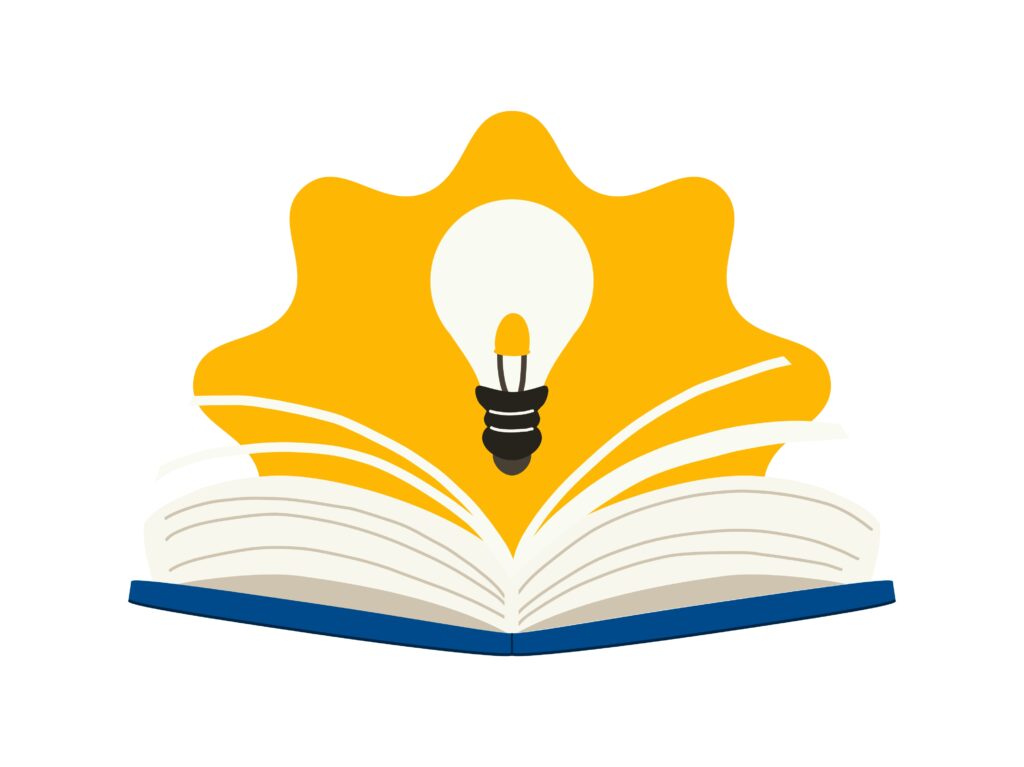Photo by Element5 Digital on Unsplash
Introduction
Hi everyone! My name is Amy, and I’m a third-year psychology student minoring in education here at UVic. My educational journey has had its ups and downs. I was diagnosed with ADHD at 14, and for a long time I struggled with motivation and interest in school. Over the past few years, especially since starting university, my perspective has shifted. Being able to study subjects I’m passionate about, and having supportive teachers and mentors, has helped me develop a real love for learning.
Once I learned that I could improve my skills and abilities with effort and the right strategies, I changed how I approach school and challenges. This growth has shaped not only how I approach school but also how I envision my future. I currently volunteer with kids, and that has shown me how much I enjoy working with and supporting them. These experiences have inspired me to pursue opportunities where I can hopefully make a difference in the lives of children.
The power of believing that you can improve | Carol Dweck | TED
This TED Talk explores how a growth mindset can transform the way we approach challenges and learning. The speaker explains how effort and persistence are more important than innate ability. This resonated with me because I did not have the understanding that my abilities could be developed as a child, I had a fixed mindset. When I could not complete something, or if I struggled with something I thought I was incapable of doing it. I never saw my setbacks and challenges are learning opportunities, or things to work on, I saw them as failures.

As I have gotten older and worked to change my mindset, I have had much more success as a student. I believe that this is an important concept to learn about as a child, and that perspective can shape someones learning experience. While mindset about learning is not an immediate fix, and there are various other factors and contexts that can contribute to struggles with learning and motivation, I think that this is an important aspect. Encouraging students to see effort as growth, is something I plan to carry forward into my future working with children.
For more information about how to develop a growth mindset click here!
What I’ve Learned About Learning
My understanding of learning has changed a lot since I started university. I used to think of learning as something that only happened in classrooms or jobs, but now I see it as an ongoing process that extends into everyday life.
There are three approaches that are important to understanding how people learn: behaviourism, cognitivism, and constructivism.
- Behaviourism: Focuses on observable behaviours shaped by rewards and consequences. Learning happens with repetition and reinforcement.
- Cognitivism: Focuses on how the mind processes information. Emphasizes understanding, memory and using prior knowledge to connect to new concepts.
- Constructivism: Views learning as building knowledge through experience and reflection. Links new ideas to real-life situations and examples.

In my experience with learning, I’ve had both successes and struggles. When I reflect on times where I learned effectively, one professor stands out to me. His teaching style was effective and made learning difficult concepts much easier, he used real-world examples, demonstrations, and review sheets to connect ideas and reinforce key concepts. His approach demonstrated how all of the theories work together.
My professor used techniques such as reinforcement (behaviourism), combined with scaffolding (cognitivism), and real-world connections (constructivism). Using all of the approaches together is more effective than choosing one by itself. For example, behaviourism can be effective for memorization, but I have found that it does not always lead to deeper understanding. Using the approaches together facilitates deep and meaningful learning.

Study techniques that apply these approaches:
Behaviourism:
- Flashcards with repetition
- Quizzes and practice tests
- Rewards after completing study goals
Cognitivism:
- Concept maps and diagrams
- Summarizing material and notes
- Teaching someone else
- Connecting concepts to what you know
Constructivism:
- Apply concepts to real life examples
- Discuss ideas with others
- Solve practical problems
Motivation and ARCS Model
The ARCS Model is a framework for instructors to enhance motivation in their students. It involves four categories:
| Attention | Relevance | Confidence | Satisfaction |
| Perceptual arousal | Goal orientation | Learning requirements | Intrinsic reinforcement |
| Inquiry arousal | Motive matching | Success opportunities | Extrinsic rewards |
| Variability | Familiarity | Personal control | Equity |

How each category connects to students:
- Attention – Engages students with the topic
- Relevance – Learners must view content as relevant or meaningful
- Confidence – Students’ own belief they can achieve success
- Satisfaction – Students are more motivated to learn when satisfied with the outcome
When it comes to my personal motivation, the each of the ARCS categories play a role, but relevance and confidence are the most important for me. If I see how a subject connects to my goals, I can stay engaged even if the material isn’t inherently interesting/engaging. Confidence also matters a lot for me, when I believe I can succeed, I naturally put more effort into what I am creating, but if I go in expecting failure, my motivation drops. This ties back to having a growth mindset rather than a fixed mindset. Growth mindsets encourage confidence and satisfaction in learning. Motivation has shaped my entire university experience. Choosing courses that align with my interests increases both my effort and satisfaction, which reinforces my motivation to keep learning.
The Role of Prior Knowledge

Prior knowledge has influenced my learning in important ways. Having a foundation in certain topics makes it easier to grasp new material, but sometimes prior ideas can be challenged by new information, which requires me to adjust my thinking.
For example, in psychology, I have had moments where what I believed about how people learn or behave was reshaped by new research. These experiences remind me that learning is not just about adding knowledge but also about refining and sometimes unlearning what I thought I knew. It is important to be open to new ideas and use prior knowledge as a tool to continue learning. This also connects back to constructivism where we can use our prior knowledge to make real world connections and process new information.
Reflection
Looking back, I realize that my struggles with motivation have taught me to be resilient and to work hard at my goals. Learning is not just something that I have to do, it is something that I enjoy, and it shapes who I am now, and who I want to be in the future. Hopefully one day I can use my education to support children who are going through challenges. Understanding how motivation and learning designs can affect children and their education will help me in various psychology or education roles in the future. I want to ensure that I continue to grow as a learner, since it is a lifelong process.
